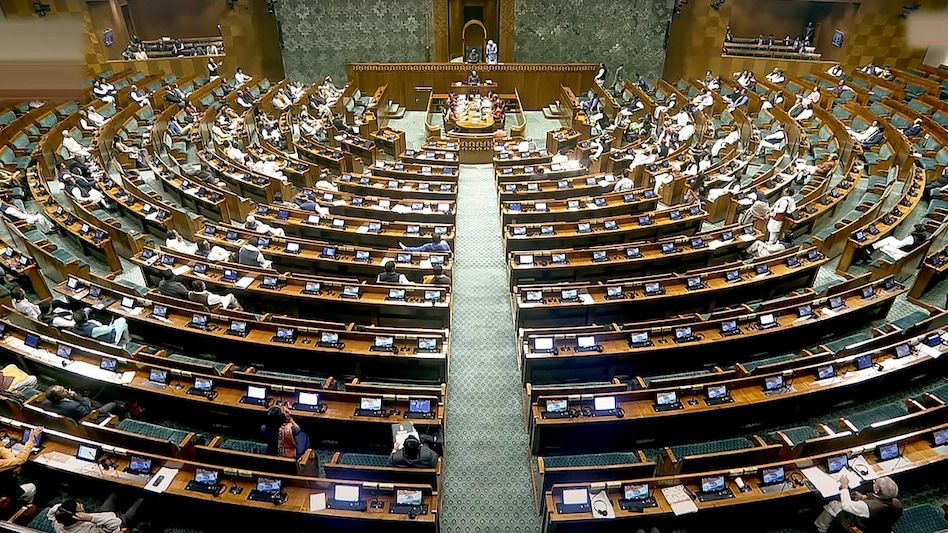Simultaneous Elections May Boost India's GDP by 1% to 1.5%

New Delhi: Experts believe that holding simultaneous elections could have a significant impact on the country's economy, boosting its Gross Domestic Product (GDP) by an estimated 1 per cent to 1.5 per cent.
As election coverage in India is always a top priority for journalists, with an average of six elections held annually since 1952, the financial burden of conducting separate elections each year has become increasingly unsustainable. One state's Assembly elections may be concluded while another begins its polls schedule. This continuous cycle results in huge economic losses due to disruptions in administrative decision-making.
The concept of 'One Nation, One Election' (ONOE), proposed by former politician turned journalist, is gaining attention as a potential solution to this problem. With experts estimating that simultaneous elections could give the country a significant growth spurt, it's hard to ignore the idea any longer.
Statistics show that since 1951-52, India has seen an average of six elections annually, resulting in massive expenditure for candidates and government spending on election-related activities. According to the author, implementing cost-saving measures would help put this amount towards more important developmental works and could boost GDP growth by as much as 1 percent.
The author cites several countries where simultaneous elections are held successfully without problems, including the United States, France, and Sweden. These nations show that combining all key political bodies' elections can increase participation rates, reduce costs, and increase voting efficiency.
The Joint Parliamentary Committee is on this issue now, which shows how necessary it has become for India to consider similar reforms.
To avoid voter confusion, which some argue could result from such elections, the author counters with examples of past Indian elections where a change in political landscape took place without causing widespread disillusionment. This indicates that voters capable of making informed choices can be trusted and will not abandon parties due to perceived losses in regional polls.
Ultimately, embracing the idea of ONOE demonstrates a readiness to support governance that has long-lasting benefits for an economy seeking economic prosperity.
Related Story: Election Analysts Weigh In on India's 'One Nation, One Election' Proposal
